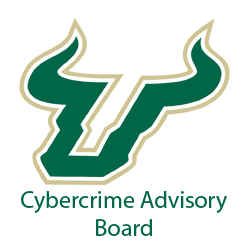
Do Campus-Bound Students Need VPN Services?
When it comes to VPN Services, you can expect them to provide a huge number of potential online security solutions for anyone- Even university students. VPNs are a great way to keep your internet traffic secure and private, but they can also provide you with a number of other benefits. For example, many students use them to access restricted content on the web.
It’s often impossible to get around the restrictions placed on your internet connection. Many universities will block sites like Facebook and Twitter from access within their domain, as well as websites like Netflix or Hulu which might otherwise be used for entertainment purposes. But, is content acquisition the only benefit of VPNs for a student? Hardly.
Information Security on a Shared Network
On a campus, there are often dozens of students sharing the same internet connection. This can be a problem if you want your data to remain private—especially when you’re using an unsecured public WiFi network. An active VPN will encrypt all of your web traffic, preventing others from seeing what websites you are visiting or what information is being sent back and forth between them.
The VPN will also prevent the school from tracking what you’re doing online, which is especially important if you are using a school-issued computer for anything not ‘school-related’.
Use a VPN to Access Blocked Websites
As we noted earlier on in the article, one of the best usages of a VPN is to bypass network restrictions placed by school administration. While this can admittedly be considered a ‘moral grey area’ to block access to content for adults living on their premises, it is far more common to see schools block access to certain websites for the purposes of maintaining order and security.
In some cases, this may be due to concerns over students accessing inappropriate content or gambling sites; in others, it could simply be because they want to keep students focused on their studies. Whatever your school’s reason for blocking access to certain websites, using a VPN will provide you with an easy workaround that allows you access to any website you want.
For an added level of operational security, using the TOR browser will allow you to access the internet through an encrypted connection that is nearly impossible to track. This can be a powerful tool for students who are looking to avoid being monitored by their university, but it’s important to remember that using TOR can also slow down your connection speed significantly.
Is Using VPN Services on Campuses Illegal?
In a federal or state-level context, VPNs are not illegal. The only aspect of illegality is if you are engaging in illegal activities online while using a VPN. But, when it comes to school policy…? It depends on the school.
Some universities consider using a VPN on campus to be a break in their policies, while others don’t have any official policy at all. In most cases, if you’re caught using a VPN by your school’s IT department, you will receive some sort of warning before any further action is taken. The key here is knowing how to avoid getting caught in the first place!
But, for further cybersecurity needs outside of school-related VPN necessities- Look no further than Arruda Group.



